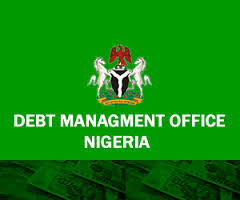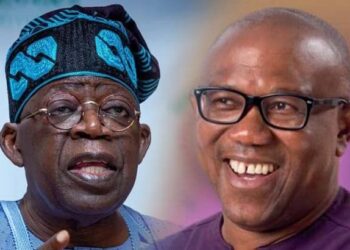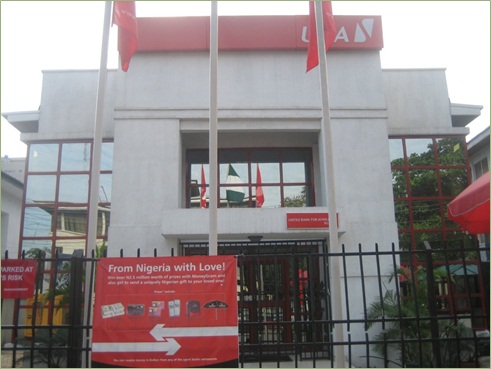With rising appetite for borrowing by the outgoing president Muhammadu Buhari’s administration, concerns are mounting on the effectiveness of the incoming government.
This is because some Nigerians say some of the last minutes decisions of the Federal Government in the areas of restructuring, removal of subsidy and recommended salary increment, among others may pose as potential dangers for the new government
Nigeria’s total public debt stock has risen again to N46.25 trillion (103.11 billion dollars) as of the end of December 2022.
This is according to a statement issued by the Debt Management Office (DMO) in Abuja on Thursday.
The amount is beside the N23.7 trillion borrowing from the Central Bank of Nigeria (CBN) through Ways and Means.
This amount will be added to the public debt stock by the time the proposed securitization or refinancing of the amount is approved by the National Assembly.
However, many analysts have kicked against the continuing borrowing from CBN.
For instance Tilewa Adebajo, chief executive of CFG recently cautioned the federal government and rather proposed a resolution trust special purpose vehicle (SPV) backed by legislation within the DMO act and framework as against securitising ways and means.
The DMO said the total public debt stock of the country consisted of the domestic and external debts of the Federal Government of Nigeria (FGN) and the sub-national governments.!
The debt position as at December 2022 was about N6.69 trillion (22.47%) higher when compared to the end of December 2021 figure which was N39. 56 trillion.
But in what observers see as a 7demonstration of growing appetite for borrowing to carry out some projects, which most Nigerians are querrying the timing, particularly for an outgoing government, the Minister of State for Budget and National Planning, Clem Agba, recently 7disclosed that the Federal Government plans to establish a basket fund to collect donations for the 2023 population and housing census.
Agba made this disclosure recently at a high-level partners engagement to seek support for the 2023 census in Abuja.
. He noted that a total of N869bn is needed for the census, which has been rescheduled for the first week of May, , adding that the government has committed N291,5bn with the need for an additional N327.2bn.
He said, “The total requirement for the census (including post census activities) is N869bn ($1.88bn): census requirement – N626bn ($1.36bn) which is about $6 per capita (just slightly above the threshold of up to $5 per capita); Post-Census (up to 2025) is N243bn ($527m). “So far, the government has committed N291.5bn ($632m) to the census, making it 46 per cent of total funding for the census. An Additional (immediate) sum of N327.2bn ($709.9m) is required to complete the. Project.”
Indeed, the DMO said in terms of composition, total domestic debt stock stood at N27.55 trillion (61.42 billion dollars), while total external debt stock was N18.70 trillion (41.69 billion dollars).
“Among the reasons for the increase in total public debt stock were new borrowings by the Federal Government and sub-national governments, primarily to finance budget deficits and execute projects.
“The issuance of promissory notes by the Federal Government to settle some liabilities also contributed to growth in the debt stock,’ “the office said.
It, however, said that ongoing efforts by the Federal Government to increase revenue from oil and non-oil sources through initiatives like the Finance Acts and the Strategic Revenue Mobilisation Initiative are expected to support debt sustainability.
“Meanwhile, the total debt-to- Gross Domestic Product (GDP) ratio for Dec. 31, 2022, was 23.20 per cent. It indicates a slight increase from the figure of Dec. 31, 2021, at 22.47 per cent.
“The ratio of 23.20 per cent is within the 40 per cent limit self-imposed by Nigeria and the 55 per cent limit recommended by World Bank/International Monetary Fund (IMF).
“It is also within the 70 per cent limit recommended by the Economic Community of West African States (ECOWAS),’’ it said.
ALSO READ:Nigeria’s Economy In Dire Straits, DMO, VP, House Of Reps Express Concerns
The total public debt stock as released by DMO excludes the Federal Government’s indebtedness to the Central Bank of Nigeria (CBN), through Ways and Means advances.
The Ways and Means advances are presently awaiting securitisation by the National Assembly, and can only be added to the country’s public debt after such securitisation.














